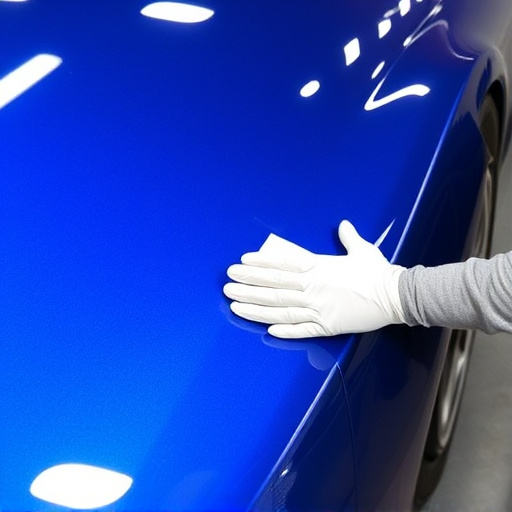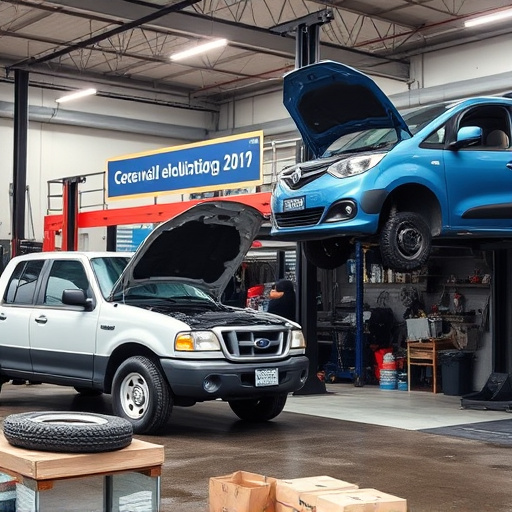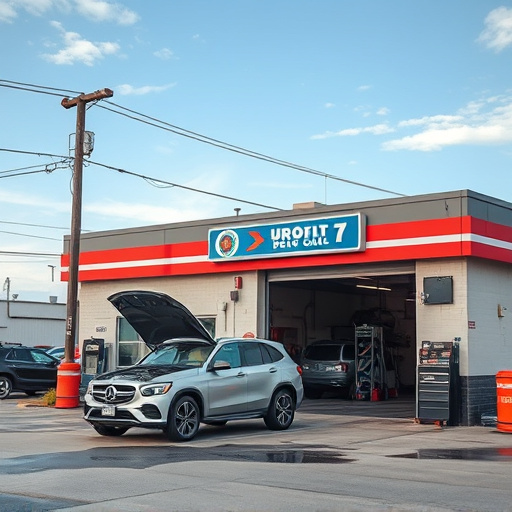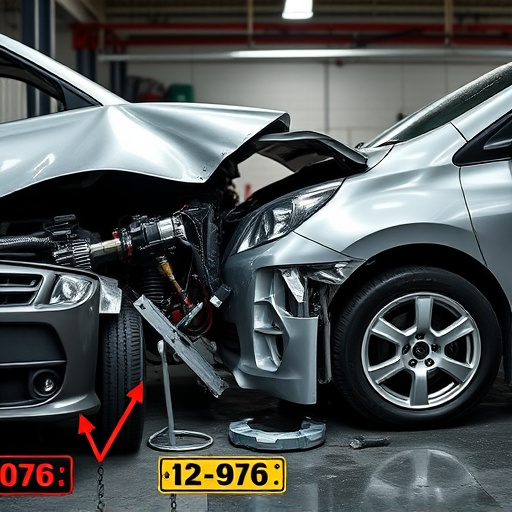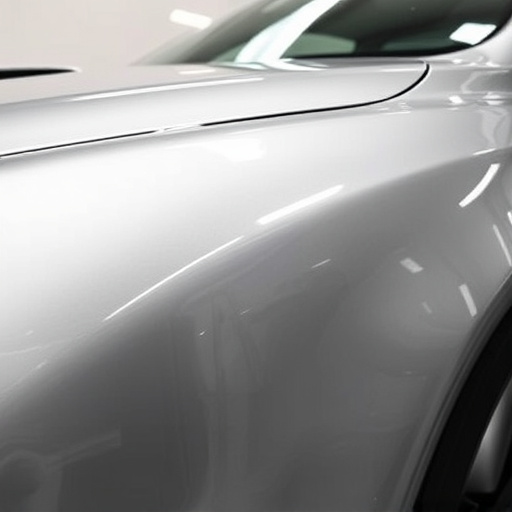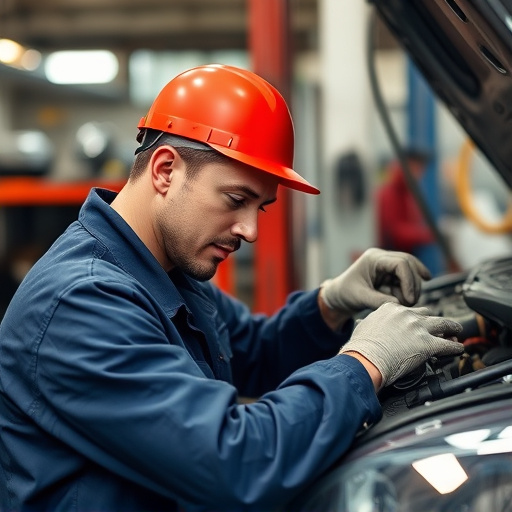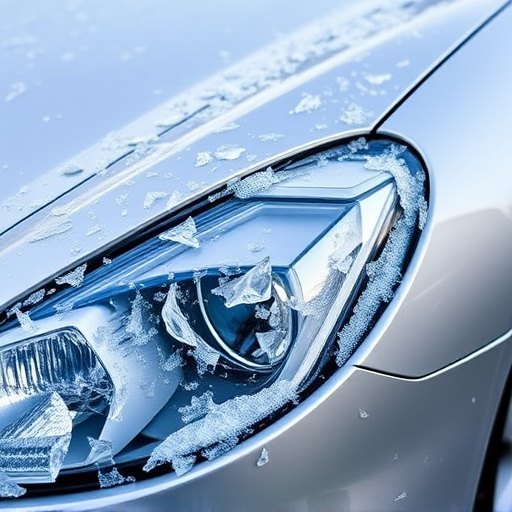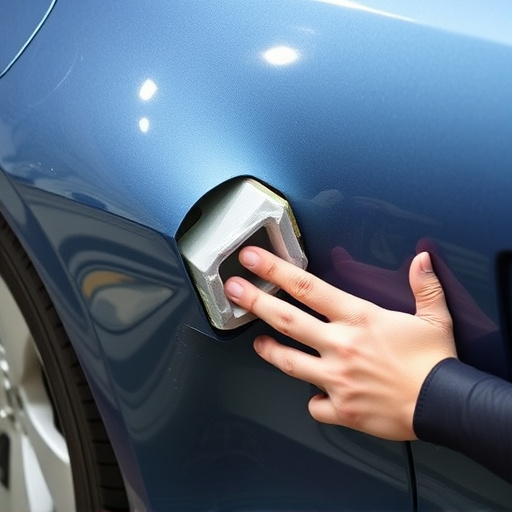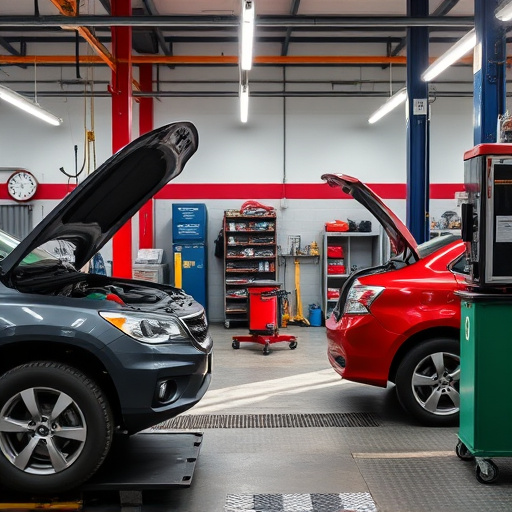The Mercedes 48V system, a revolutionary automotive electricity standard, presents challenges and benefits in its repair. Its high-voltage capabilities enable advanced features like start-stop technology and regenerative braking, enhancing performance, fuel economy, and emissions reduction. However, repairing this system requires specialized tools and training due to its complexity. Auto body shops must adapt to integrate 48V system repairs alongside traditional services as electric vehicles gain popularity. Investing in education and equipment for Mercedes 48V system repair services will empower technicians to meet the growing demand of the evolving automotive landscape.
“Mercedes’ 48V system repair has emerged as a pivotal topic among automotive enthusiasts and professionals, highlighting the evolution of electric vehicle (EV) technology. This article delves into the unique aspects of the Mercedes 48V system, its advantages over traditional electrical systems, and the challenges mechanics face during repair.
We’ll explore practical considerations, including specialized tools and training, while also peering into future trends shaping the landscape of Mercedes 48V system maintenance.”
- Understanding the Mercedes 48V System: A Modern Take on Automotive Electricity
- Challenges and Benefits of Repairing a 48V System Compared to Traditional Electrical Systems
- Practical Considerations and Future Trends in Mercedes 48V System Repair
Understanding the Mercedes 48V System: A Modern Take on Automotive Electricity

The Mercedes 48V system represents a significant leap forward in automotive electricity. Unlike traditional electrical systems, it’s designed to handle higher voltage and current, enabling advanced features like start-stop technology, regenerative braking, and more efficient power distribution. This modern approach not only enhances vehicle performance but also contributes to improved fuel economy and reduced emissions. The 48V system acts as a sophisticated network, integrating with various components to optimize energy flow, much like an auto body shop expertly fixes dents to restore a vehicle’s structural integrity.
Understanding the intricacies of Mercedes 48V system repair is crucial for both car enthusiasts and professionals in the vehicle repair services industry. Unlike conventional repairs, it often involves specialized tools and techniques to manage the high-voltage nature of the system. Auto body shops that cater to modern vehicles must be equipped to handle these unique challenges, just as they would for dent removal or other intricate auto body repairs. This shift towards more complex electrical systems underscores the evolving landscape of automotive maintenance.
Challenges and Benefits of Repairing a 48V System Compared to Traditional Electrical Systems
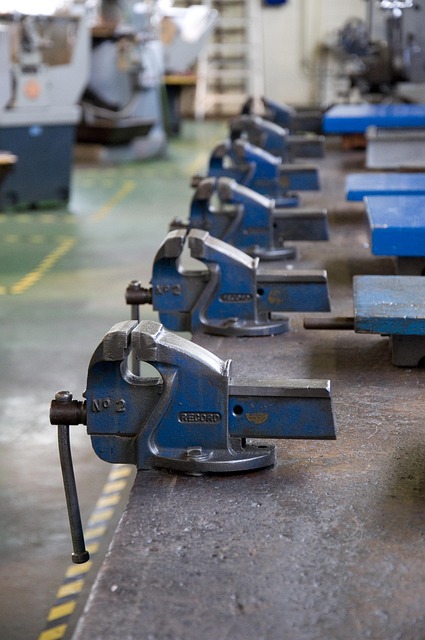
Repairing a Mercedes 48V system presents both unique challenges and significant benefits compared to traditional electrical systems. One of the key challenges lies in the specialized nature of the 48V technology, which demands advanced tools and knowledge not typically required for conventional repairs. This often necessitates specialized training and equipment for auto collision repair technicians, adding a layer of complexity to standard automotive repair processes.
However, the 48V system offers substantial advantages. Its higher voltage efficiency translates into reduced energy consumption, contributing to environmental sustainability. Moreover, these systems are designed for enhanced safety features, such as electric parking brakes and advanced driver assistance systems. In terms of car body repair, integrating and maintaining 48V components may require more meticulous attention to detail due to their intricate nature, but it ultimately contributes to the overall reliability and performance of the vehicle.
Practical Considerations and Future Trends in Mercedes 48V System Repair

The Mercedes 48V system represents a significant leap forward in automotive technology, integrating advanced electrical systems into modern vehicles. When considering repair options for these intricate systems, several practical aspects come to the forefront. Specialized training and tools are essential for technicians to handle 48V repairs effectively, as they differ substantially from traditional 12V electrical systems. This necessitates investment in education and equipment by both auto body shops and collision repair centers, ensuring their preparedness to service these modern vehicles.
Looking ahead, the future of Mercedes 48V system repair is poised for further evolution. As electric vehicle (EV) technology continues to gain prominence, the demand for skilled technicians capable of handling high-voltage systems will only increase. This trend emphasizes the need for ongoing training programs and the adoption of innovative repair techniques specific to EV components, such as advanced battery packs and power electronics. Collision repair centers and auto frame repair specialists who adapt to these changes will be well-positioned to cater to the growing market, offering specialized services that incorporate the latest advancements in Mercedes 48V system repair.
The Mercedes 48V system repair presents a compelling evolution in automotive technology, offering both challenges and advantages over traditional electrical systems. As we’ve explored, this modern approach to electricity in vehicles requires specialized knowledge and tools but delivers enhanced performance, efficiency, and reliability. With growing demand for electric vehicles, the future of Mercedes 48V system repair looks promising, driven by technological advancements and a need to maintain these sophisticated systems. Understanding the unique aspects of this system is crucial for mechanics and car enthusiasts alike, as it shapes the automotive industry’s direction towards a more sustainable future.
